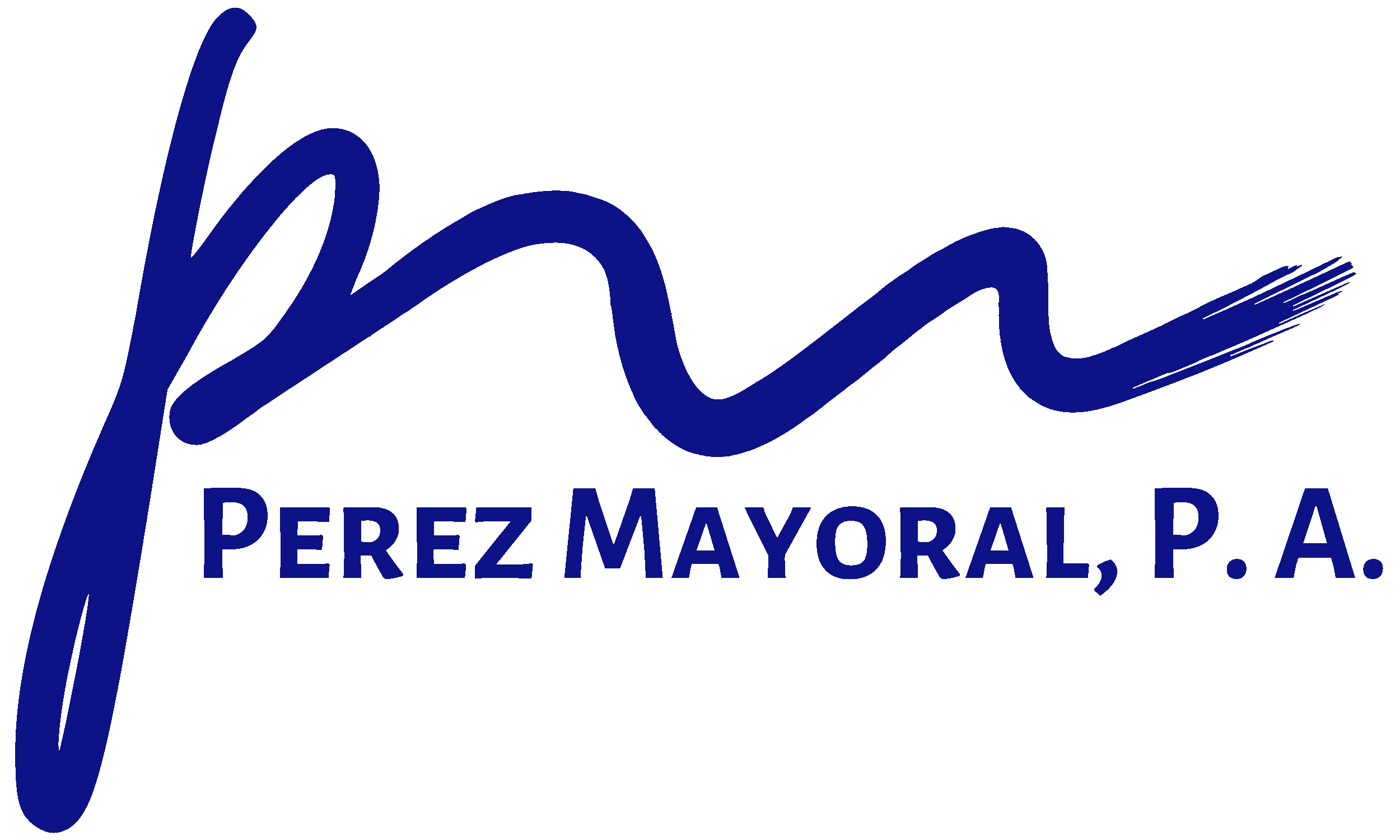- 305-676-8782
- 24/7 Live Answering
- Orlando, FL
- Tampa, FL
- Miami, FL
- Broward, FL
- Palm Beach, FL
We Fight,
So, You Don't Have To.
Safeguarding the interests of Florida businesses, investors, and shareholders in state and federal courts.
Get In Touch
Facing HOA Mediation? Know Your Rights
Have you received a demand letter from your Homeowners Association or Condominium Association requiring you to participate in pre-suit mediation? Or are you considering taking your HOA to pre-suit mediation to resolve ongoing disputes? Whether you’re responding to their demands or taking the first step yourself, pre-suit mediation can be an effective way to address conflicts and protect your rights as a Florida property owner. Read on to learn more about the mediation process, what to expect, and how our dedicated attorneys can help guide you through this important step to achieve a fair and favorable resolution.
By: Attorneys at Perez Mayoral, P.A.
Contact us today!
About Our Firm
At Perez Mayoral, P.A., we are dedicated to representing homeowners in disputes with their HOAs, condo associations, other unit owners, and insurance companies. Our attorneys are highly experienced in HOA and condominium issues, ensuring that clients receive the representation they deserve.
Facing HOA Mediation? Know Your Rights
If you’ve received a notice for mediation from your homeowners’ association (HOA) or condominium association, it’s essential to understand your rights and obligations under Florida law. Mediation can be a crucial step in resolving disputes without the need for a costly and time-consuming lawsuit. This process is governed by specific statutes in Florida, namely Fla. Stat. § 720.311 and Fla. Stat. § 718.1255, which provide the framework for resolving disputes between homeowners and associations.
The Legal Basis for HOA and Condo Association Mediation
Fla. Stat. § 720.311 governs pre-suit mediation for disputes involving homeowners’ associations. While Fla. Stat. § 718.1255 covers disputes with condominium associations.
Fla. Stat. § 720.311 governs pre-suit mediation for disputes involving homeowners’ associations. The statute specifies:
“Disputes between an association and a parcel owner regarding use of or changes to the parcel or the common areas and other covenant enforcement disputes, disputes regarding amendments to the association documents, disputes regarding meetings of the board and committees appointed by the board, membership meetings not including election meetings, and access to the official records of the association shall be the subject of a demand for presuit mediation served by an aggrieved party before the dispute is filed in court” Fla. Stat. 720.311.
Fla. Stat. § 718.1255 also mandates that certain disputes must first go through pre-suit arbitration before the Department of Business and Professional Regulation (DBPR) or through pre-suit mediation under the rules set forth in Fla. Stat. § 720.311. According to the statute:
“Before the institution of court litigation, a party to a dispute, other than an election or recall dispute, shall either petition the division for nonbinding arbitration or initiate presuit mediation as provided in subsection (5)” Fla. Stat. 718.1255.
The purpose of pre-suit dispute resolution, as outlined in these statutes, is to provide a structured opportunity for both parties to resolve their disputes amicably. By engaging in mediation or arbitration, the parties can often reach a settlement without the need for more adversarial and costly court proceedings. This approach not only saves time and money but also fosters a more cooperative resolution process.
Timely Response and the Mediation Process
If you receive a written demand for pre-suit mediation, it’s crucial to respond promptly. Fla. Stat. § 720.311(2)(b) states that you have 20 days from the date of the letter to respond. The response must be sent via both certified mail, return receipt requested, and regular first-class mail:
“The responding party has 20 days from the date of the mailing of the statutory demand to serve a response to the aggrieved party in writing. The response shall be served by certified mail, return receipt requested, with an additional copy being sent by regular first-class mail”. Fla. Stat. 720.311.
Failing to respond within this timeframe, or not responding correctly, can result in significant legal penalties, including losing your right to recover attorney’s fees even if you prevail in subsequent litigation.
In your response, you must select one of the mediators proposed by the other party. The process is intended to be fair, with both parties having a say in the selection of the mediator. Once a mediator is agreed upon and the response process is complete, the mediation is scheduled.
The Mediation Process
The mediation process begins once both sides have agreed on a mediator and the response process is complete. Here’s how it typically unfolds:
Scheduling the Mediation: The mediator will work with both parties to schedule a convenient time for the mediation session. Given the current trends, many mediations are conducted remotely via platforms like Zoom, which offers convenience and flexibility.
Preparation: Both parties, the homeowner and the association representative, along with their respective attorneys, will conduct research on the issue at hand. This preparation is crucial for presenting a well-founded legal case during mediation.
The Mediation Session: During the mediation, all parties, including the mediator, gather in a virtual meeting space. Both sides present their legal case, outlining the facts and legal arguments that support their position.
Private Sessions: After the initial presentations, the mediator typically breaks the parties into separate Zoom conferences. In these private sessions, the mediator engages with each party individually to explore potential solutions and compromises.
Finding a Resolution: The mediator works diligently to facilitate negotiations and help the parties find a resolution to the dispute. If a resolution is reached, the mediation concludes with a settlement agreement.
Settlement Agreement: If the mediation is successful, the resolution is formalized in a settlement agreement. This agreement may include specific clauses related to the enforcement of its terms. A well-drafted settlement agreement can prevent future disputes and provide a clear framework for compliance.
Strict Requirements and Legal Penalties
Florida law imposes strict requirements on the mediation process. These include deadlines for responding to a mediation request, the method of response, and the selection of a mediator. As noted in Fla. Stat. § 720.311(2)(b), failure to adhere to these requirements can result in severe legal consequences, including the possibility of the other party proceeding directly to court:
“The failure of any party to respond to a demand or response, to agree upon a mediator, to make payment of fees and costs within the time established by the mediator, or to appear for a scheduled mediation session without the approval of the mediator, shall constitute the failure or refusal to participate in the mediation process and shall operate as an impasse in the presuit mediation by such party, entitling the other party to proceed in court and to seek an award of the costs and fees associated with the mediation. Additionally, notwithstanding the provisions of any other law or document, persons who fail or refuse to participate in the entire mediation process may not recover attorney’s fees and costs in subsequent litigation relating to the dispute”. Fla. Stat. 720.311.
Because of these strict requirements, it’s highly advisable to consult with an attorney if you receive a mediation notice. An experienced attorney can help you understand your rights, prepare for mediation, and ensure that you comply with all legal requirements. This guidance can make a significant difference in the outcome of the mediation and any subsequent legal proceedings.
How We Can Help
At Perez Mayoral, P.A., we’re dedicated to helping homeowners navigate these complex issues. If you’re facing property damage or other disputes with your HOA, condominium association, or another unit owner, you don’t have to face it alone. Our experience in this area can make a significant difference in protecting your rights and ensuring fair compensation for damages.
Contact Us Today
If you’re dealing with an HOA or condo association dispute, reach out to us for a consultation or case review. We handle claims and cases throughout the state of Florida. You can contact us by emailing us at [email protected] or calling us at 786-980-9369. Don’t navigate these challenges on your own—let our experienced team help you achieve the best possible outcome.
Schedule a Consultation Today
- 786-980-9369
- 24/7 Live Answering
- Hablamos Español
- © 2024 Perez Mayoral - HOA, Condo & Business Lawyers | New Clients: 305-676-8782 | Existing Clients: 305-928-1077
- 999 Ponce De Leon Blvd, Suite 705, Coral Gables, FL 33134
- Attorney Advertising | Disclaimer | Privacy Policy | Powered By: Matador Solutions | Sitemap
If you encounter any issues while using this site, please contact us: 305-676-8782





